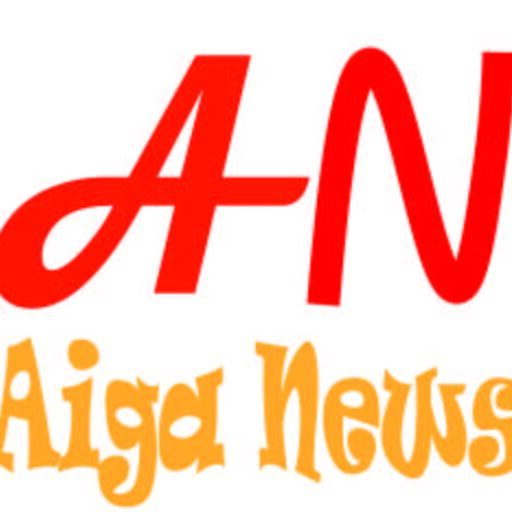03 – 06 – 2022
Heisenberg’s Uncertainty Principle seems to apply to pedagogy as well when people with a Ph.D intensely know more about a specific area the less they know about the rest. That as it may, higher learning readies and trains one critical thinking where passions and instincts lose any meaning. What works best among competing outcomes is a tough choice but with the right method and intellectual tools one can settle for the optimum. Sadly, the reverse could be true when one is not only a charlatan but reckless and Abiy Ahmed with his economics is a paragon to that effect.
I don’t intend to bother the reader with the nooks and crannies of supply and demand but a general overview say, why one litter of cooking oil in Finfine is selling for one thousand Birr warrants food for thought so to speak.
The acerbic joke has it that no Economist wants to go to heaven. The reason being, it is their own doing when they define their field of expertise [Economics] as the study of allocating scarce resources or goods and services. Heaven or paradise on the other hand is replete with unlimited abundance of everything. How would an Economist make a living in a place where there is no place for scarcity, the rationale goes. Glad I am not one. Pun intended, of course.
Obviously, the key words are “scarcity” and “allocation” where the latter takes considerable adroit on how to prioritize resources where for all intents and purposes, war, as much as it doesn’t add any value to the economy, why would one opt for it in the first place when it is in fact destructive? The fundamental question was poised by the early proponents of “Laissez Faire” economics including Adam Smith when the equivalence of strong economy and military might was the breath of the day.
The logic then follows, how would a poor and backward country like Ethiopia afford to wage war not only it is morally repugnant to declare it on your own people but it comes with a catastrophic consequences to its economy. The one thousand Birr that could have been spent on ten liters of cooking oil was spent on purchasing five bullets of automatic rifle. Opportunity-cost and allocation of resources ‘gone wrong, smack dab!
Sustainable economy, defense and security compete against each other for priority so to speak but the former takes the big chunk for people need to live a decent life first and foremost. And that is the mandate and obligation of a responsible government where defense and security can be beefed up if need be only if there is eminent external threat.
That is to say however, nations with strong “Military-Industrial Complex” as in Wilhelm Kaiser’s 19th century Prussia or present day United States of America can afford to balance sustainable economy, defense and security without compromising one for the other. They manufacture the military hardware and use it for defense—as opposed to importing. In the meantime, jobs are created and the purpose is served. Ethiopia neither does nor serves.
Abiy Ahmed was probably convinced that he could wrap up the war with in weeks when he failed not only to read history [Soldiers in WWI were told they will be home by Christmas when the war dragged on for four years, for instance], he also undermined the steeled determination of the Tigrean people and over-estimated Eritrean army and Amhara Fano including Somali mercenaries among others.
With one hundred twenty million people to feed and with no “Comparative-Advantage” to speak of where it’s major export can not even be traded for huge supply of armaments much less sophisticated Drones, Abiy Ahmed resorted to what he does best—lies and more lies.
As much as a single flap of a butterfly wing in Singapore affects the weather pattern, say, in Europe, economics is not an exception to the “Butterfly Effect” either. A reckless decision takes an entire nation into a dark pit like a runaway domino. In the end, a little girl exposes the King for what he is when she says, “The King is naked” when the adults on the side elect to deceive their eyes instead until there is no more cooking oil to buy and money to be earned.
